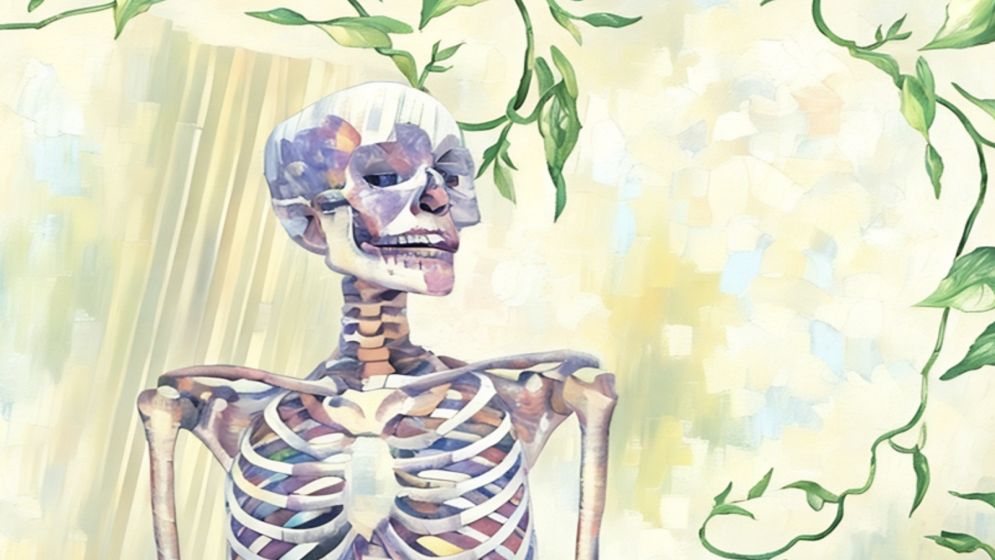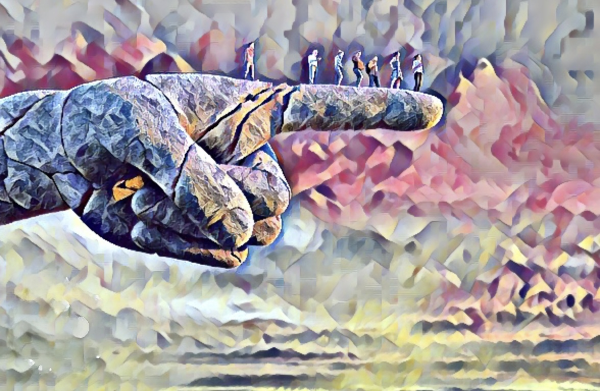Bangladesh has endured an era of collapse..will it begin an era of creation?

Arthur Miller once wrote that an era ends not when power changes hands, but when its illusions run out.
That is when political life takes on the quality of a hallucination–a surreal mimicry of governance where nothing truly means what it claims to. Émile Durkheim called it anomie–a society unmoored from its norms, hollowed out from within, stumbling forward without direction or belief.
This is where we are now.
Jacques Rancière, the French philosopher, understood politics and aesthetics as two sides of the same coin–what he called the distribution of the sensible: the system by which meaning is assigned to life, by which a society tells itself what matters and what doesn’t.
But that system–here, today–has broken down. Not gently, not quietly, but violently and cynically. In its place, we are left with a culture of nihilism posing as pragmatism.
For sixteen years, this regime has perfected a grim aesthetic: a hyper-realist theater where all that isn’t immediately profitable is treated as irrelevant. Conversations not about personal gain or primal need are waved off as elite indulgence.
Any notion of collective purpose–justice, reform, dignity–is dismissed as the sentimental babble of children. The machinery of government, private industry, even civil society now moves to the rhythm of this brute realism.
It is not just policy that has changed. It is perception itself.
In such a vacuum, how does one talk about reform–of the police, of health care, of banking?
How do you rebuild trust in institutions when the very ministries meant to safeguard rights have become the punchlines in dark jokes?
How do you have a straight-faced discussion about universal education in offices where education is traded like a commodity, or about public health in a system where suffering is monetized?
You don’t. You can’t.

The fractured society
A society cannot function when it no longer believes in the possibility of seriousness. When laughter is the only response to structural theft, when policy becomes parody, when governance is reduced to extraction–the problem is no longer just political. It is existential.
And when meaning itself becomes suspect, the collapse isn’t coming. It’s already here.
In Putulnacher Itikotha (The Puppets’ Tale), Manik Bandopadhyay paints a portrait of irreversible trauma. Bindu, brutalized by her husband’s sadism, cannot return to the life she once knew.
Her suffering was more than just emotional–it rewires her entire system of meaning. No change of scenery, no well-meaning advice, no superficial shift can undo what’s been done. What she needs isn’t a new house, but a new world.
That metaphor captures where we now stand as a nation. This is not a time for reforms within the system–it is a time to interrogate the system itself.
We are in the aftermath of sustained ideological violence, not unlike Bindu’s, in which words, laws, and institutions have been stripped of integrity and repurposed to mask abuse.
The familiar language of politics–"development," "governance," "progress"--has become so saturated with deceit that it can no longer communicate anything real.
In a conversation recently, I found myself saying: this is the era when great guides, leaders, and prophets are supposed to emerge–because everything old has collapsed.
Nietzsche called for a "revaluation of all values"-- not tinkering at the edges, not a slogan in new packaging, but a total restructuring of how we assign value, how we reward power, how we define decency.
When a nation loses its moral compass, when its collective sense-making collapses, what is needed is a new philosophy.

A society at the brink
The Awami League’s rule has dragged us precisely to this threshold: a moment of terrifying collapse, yes–but also one of potential creation. The crisis is so deep, so all-encompassing, that it invites a radical confrontation with who we are and who we want to be.
It is a time for collective reflection–from the individual to the institution–about the architecture of our public life. But such reflection demands courage.
And that is where the danger lies.
Too many cling to the dead rituals of the old order, hoping that repeating its language will bring it back to life. Others, worse still, see this moment of transition as a new market for the same old manipulations.
They exploit the vacuum with the same greed, the same calculation, the same addiction to control that defined the very system that failed us. These are definitely not agents of change, rather they are saboteurs of potential.
In a country already drowning in distrust, to further muddy the waters with opaque tactics and cynical maneuvers is more than irresponsible–it is a betrayal.
When people are desperate to believe in something again, to act in a way that intensifies their alienation is a crime of historic proportions.
We are not simply in a time of endings. We are in the anxious, electric space before a beginning.
What emerges next–new meaning or deeper nihilism–will depend entirely on who has the courage to speak plainly, act justly, and imagine differently.
—-
Mikail Hossain is a writer and analyst

